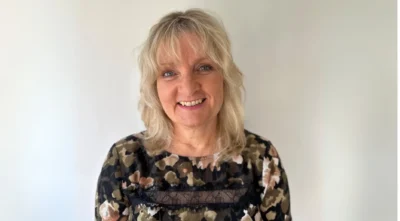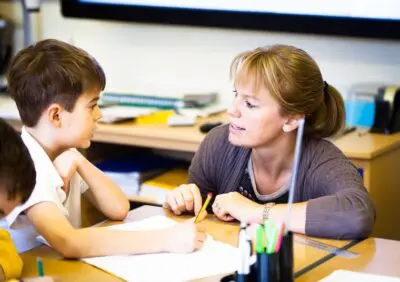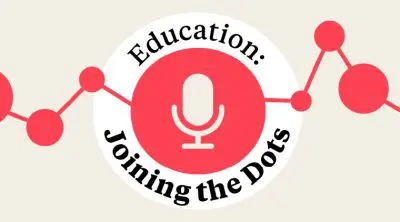
Bridging the transition: Seeing Every Student through change
Education Specialist Frances Kingston discusses the challenges in the transition from primary to secondary and how our solutions can help.

Education Specialist Frances Kingston discusses the challenges in the transition from primary to secondary and how our solutions can help.

Education Specialist Emma Dibden outlines the challenges for inclusive SEND provision in mainstream schools and suggests some solutions.

Education Specialist Andy Small explains how maths anxiety and curriculum overload can be tackled by using targeted assessments and teaching and learning tools.

Education Specialist Georgina Cook explains how tools like WellComm, myON, Accelerated Reader and PASS help to develop children's language and literacy skills.

Louise Jones, Headteacher at Maes Y Morfa Community Primary School, tells how GL Assessment’s NGRT reshaped literacy and empowered staff with better support.

Vice Principal Nicola McKeown explains how teachers use a combination of PASS and daily check-ins to ensure the wellbeing of their learners.

Project Leader Hanif Ur-Rehman and Project Facilitator Susanne Humpage explain why WellComm was introduced as a key tool to enhance speech and language support.

Lorraine Murphy, Assessment Co-ordinator at Holy Trinity Primary School in Belfast, explains how the school has been successfully utilising WellComm.

We discuss the growing speech and language challenges among UK primary and secondary school children with Rachael Symons of Cabot Learning Federation.

We discuss inclusion and leadership with David Bartram OBE, Director of Prescient Education, and Berna Bouwer, Corporate Head of Inclusion at GEMS Education.

We join the dots on the value of standardised assessments with our special guest Becky St. John, a school assessment and performance data specialist.

We focus on the key topic of mathematics in schools and explain the New Group Maths Test with Andy Small, our Assessment Specialist for Numeracy & Mathematics.

Discover our report which exposes a sharp decline in children's speech and language skills, driven by less conversation at home and more screen time.

Explore our latest report on maths education, revealing key challenges like maths anxiety and gender confidence gaps in learning.

Tackling the myths and assumptions that impede reading. We surveyed primary and secondary teachers to discover the truth about their students' reading skills.

Why teachers think the move from primary to secondary school will be challenging this year - and how they are planning to support their new students.
We explored how anonymised assessment data can reveal learner needs and guide next steps, supporting practical, data‑driven decisions in your school.
Working memory underpins reasoning and learning. This episode explores the impact of weak working memory and strategies to support students’ cognitive success.
This episode will focus on attendance and wellbeing. Engagement remains a top priority for schools, with some experiencing lower attendance...
In this episode, we focused on how wellbeing can impact engagement and discussed some effective strategies to support improvement in...

Georgina Cook explains the challenges facing teachers and the oracy strategies they can use to overcome them.

In a new survey by GL Assessment, nine in ten primary school teachers said that children’s speech and language issues have worsened since 2020.

Teaching has become more difficult because of a rise in pupils starting school with poor speech and language skills since the start of the Covid pandemic.

According to our Lost for Words report, nearly half of primary teachers say more pupils are struggling to communicate at the expected level for their age.